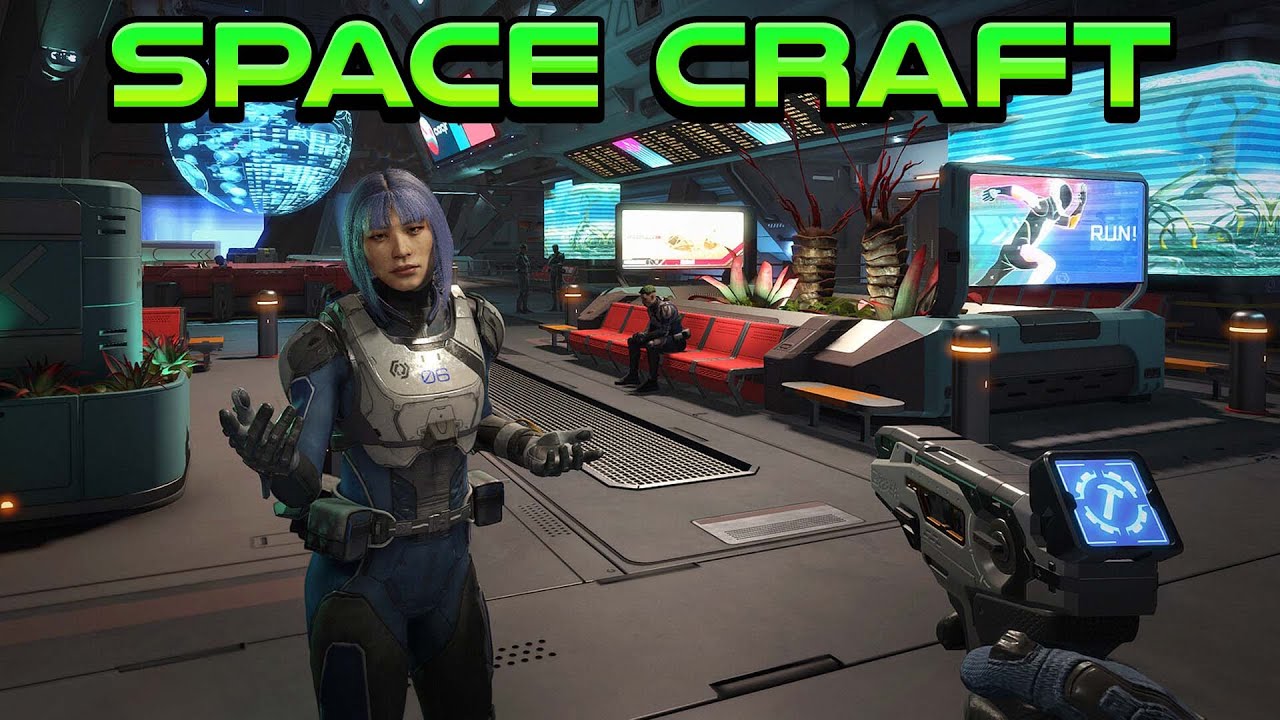SaltEMike reacts to the Spacecraft overview trailer by highlighting its promising blend of space exploration, combat, and base-building mechanics within a manageable scale that avoids the pitfalls of overly ambitious projects like Star Citizen. He appreciates the game’s intuitive flight model, ship customization, and clear progression systems, while remaining cautiously optimistic about its potential pending actual gameplay experience.
In this reaction to the official overview trailer for the game Spacecraft, SaltEMike provides an insightful and critical look at what the game offers and how it compares to other space simulation titles. The trailer showcases a development build focusing on the tutorial phase, where players start on a space station called Babylon 7. This station acts as a hub for refining resources, trading, upgrading ships, and other core activities. SaltEMike notes the game’s third-person perspective, expressing a personal preference for first-person views, but acknowledges the smoothness and intuitiveness of the flight model, which revolves around managing flight path and speed.
The game promises a deep, open-ended experience where players can explore, build, trade, and engage in combat across a dynamic galaxy. It combines elements reminiscent of Eve Online, Elite Dangerous, and Star Citizen, but aims to deliver these features at a more manageable scale. Notably, the trailer highlights seamless transitions from space to planetary surfaces, resource gathering with various specialized tools, and the addition of on-foot exploration, adding variety and risk. Automation and base-building mechanics also play a significant role, allowing players to set up production chains and manage supply networks.
SaltEMike draws comparisons to Star Citizen, pointing out that Spacecraft appears to avoid the pitfalls of overly ambitious scale that have plagued Star Citizen’s development. The smaller, more reasonable scale of Spacecraft seems designed to enable a smoother development process and a more attainable final product. He appreciates the inclusion of fundamental gameplay elements like crafting and clear progression systems, which he feels were lacking or delayed in Star Citizen’s early stages. The game’s design choices, such as private zones within stations and instanced shipyards, are seen as smart decisions to improve player experience and reduce frustration.
The ship customization system in Spacecraft is another highlight, allowing players to upgrade and physically reshape their vessels by swapping modules or assembling new ships from scratch. This feature promises meaningful player agency over ship performance and style, contributing to a personalized gameplay experience. The developers emphasize that this is only a glimpse of what’s to come, with future updates expected to expand on these systems and how they integrate at scale.
Overall, SaltEMike finds Spacecraft intriguing but remains cautiously optimistic, noting that while the game looks promising on paper, the true test will be how it plays in practice. He appreciates the developers’ focus on simplicity and achievable goals rather than overreaching, which contrasts with some other ambitious space sims. The game is available for wishlisting on Steam, and though not revolutionary, it presents a solid concept that could carve out its own niche in the space simulation genre.
